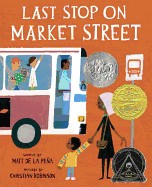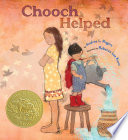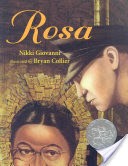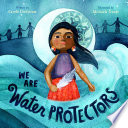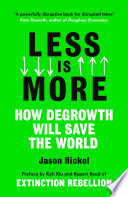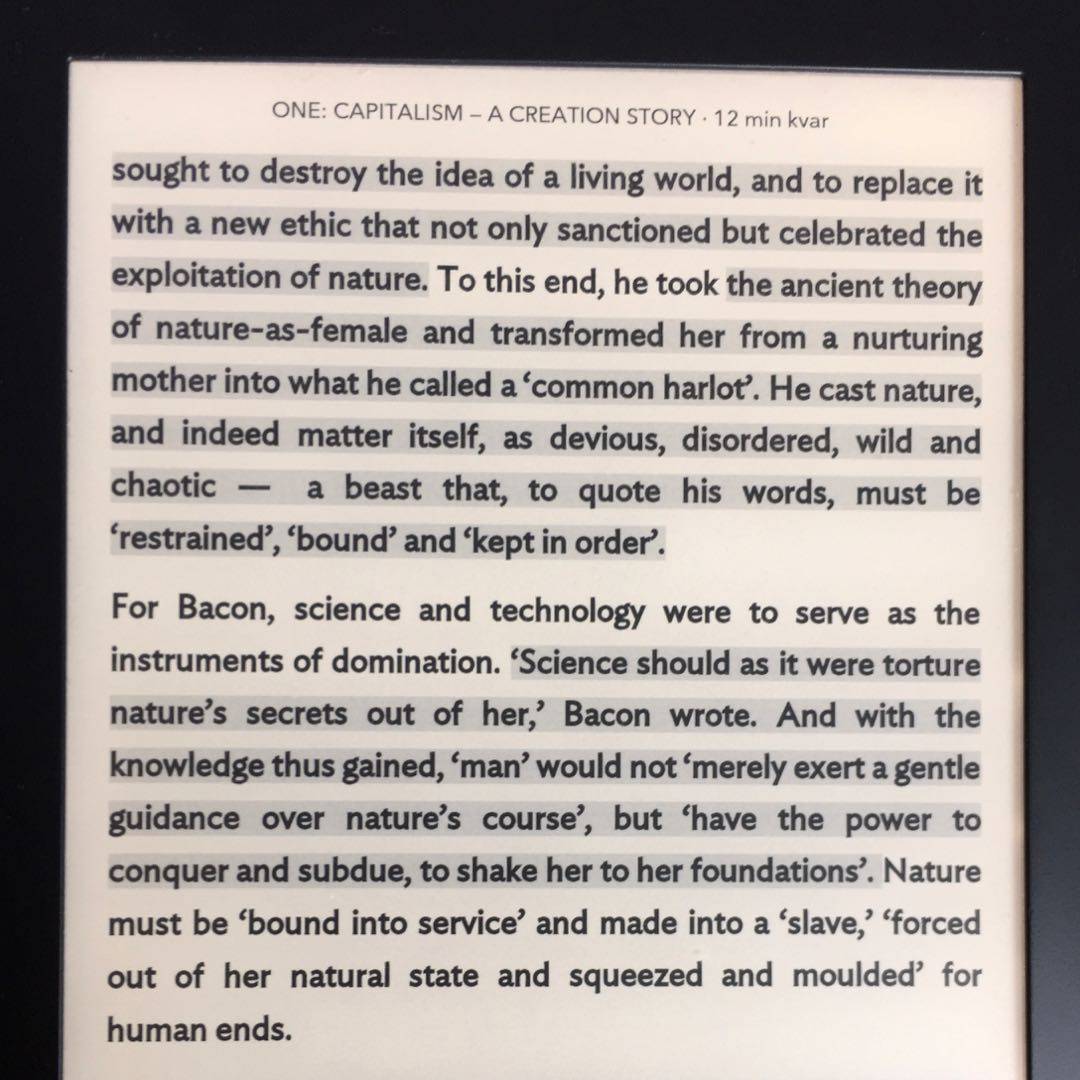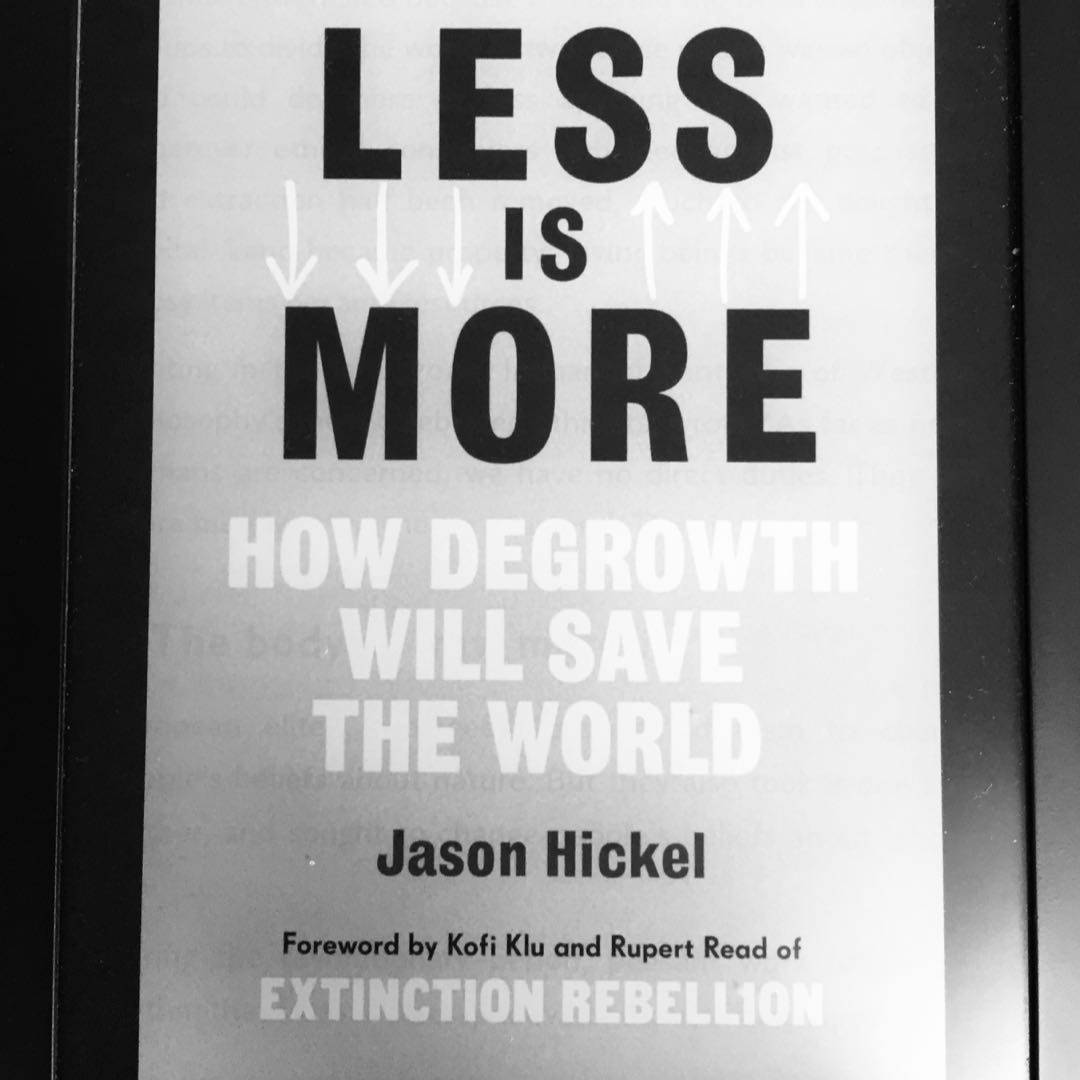This was a good and fairly easy read, more of an argumentative piece than a deep-dive into what degrowth would look like, with animism and reciprocity as its themes. Some academics struggle with writing for a general audience, but Jason Hickel (who is an economic anthropologist) is not one of them. I was upset by the story of enclosure and rise of dualism and really loved the last chapter‘s foray into how trees improve humans.







